Remember when cooking shows were special events rather than round-the-clock entertainment? Before Instagram food influencers and TikTok recipes, a select group of culinary pioneers transformed how we cook and think about food. These trailblazers introduced new techniques, championed diverse cuisines, and brought professional cooking into our living rooms. While some have faded from the spotlight, their impact on today’s food scene remains profound.
1. Patrick Clark
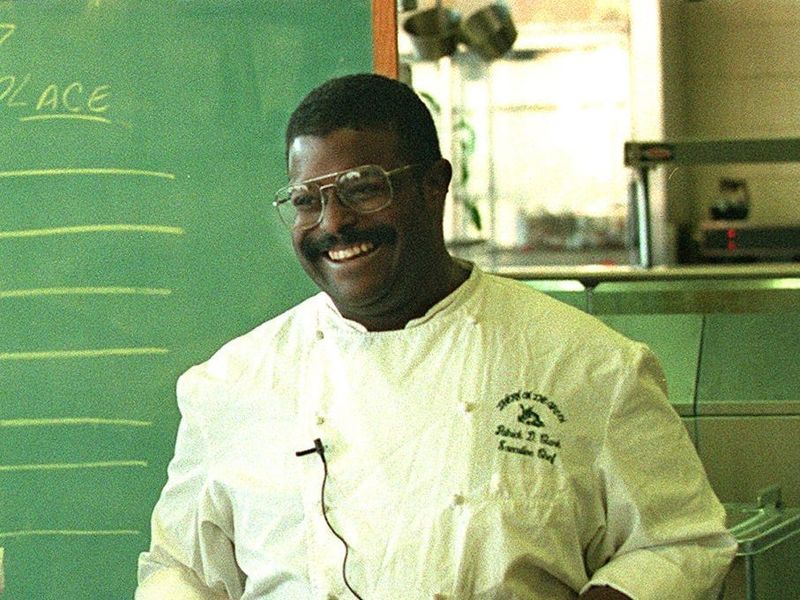
Long before diversity became a culinary talking point, Patrick Clark quietly shattered glass ceilings. This James Beard Award winner commanded respect in New York’s elite restaurant scene when Black executive chefs were exceedingly rare.
His sophisticated approach to American cuisine at Tavern on the Green and The Hay-Adams drew critical acclaim, while his mentorship created pathways for minorities in professional kitchens. Clark’s brilliant career was tragically cut short at 42 when heart problems claimed his life in 1998.
Though seldom mentioned alongside today’s celebrity chefs, Clark’s legacy lives on through the chefs he inspired and the doors he opened for future generations.
2. Anne Rosenzweig
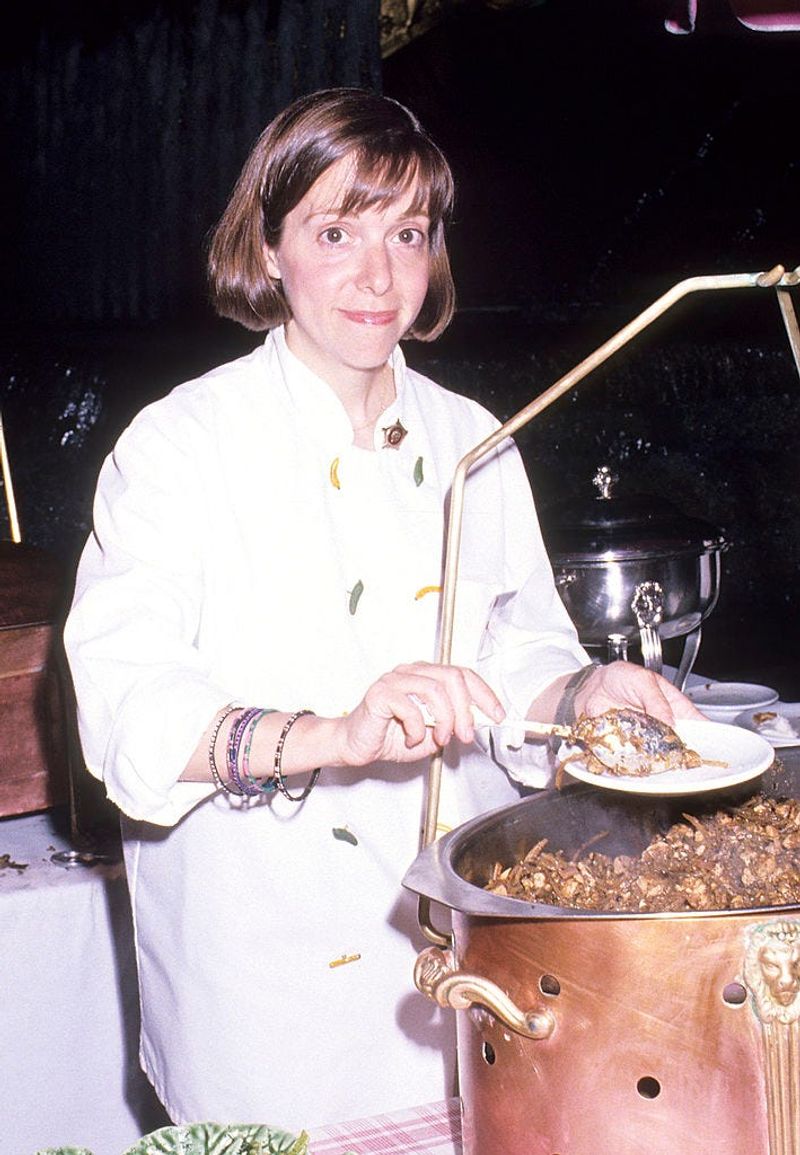
Nicknamed “the Greta Garbo of food,” Anne Rosenzweig commanded New York’s culinary scene when female chefs rarely led prestigious kitchens. Her restaurants Arcadia and the Lobster Club became Manhattan institutions in the 1980s and 90s, serving innovative American cuisine with global influences.
A self-taught chef with an anthropology background, Rosenzweig brought scholarly precision to her cooking. Her signature lobster club sandwich and witty takes on comfort food earned her critical acclaim and a devoted following among celebrities and food enthusiasts.
Unlike today’s media-savvy chefs, she shunned publicity and eventually retreated from public view, leaving behind a quiet but profound legacy.
3. Louis Szathmáry
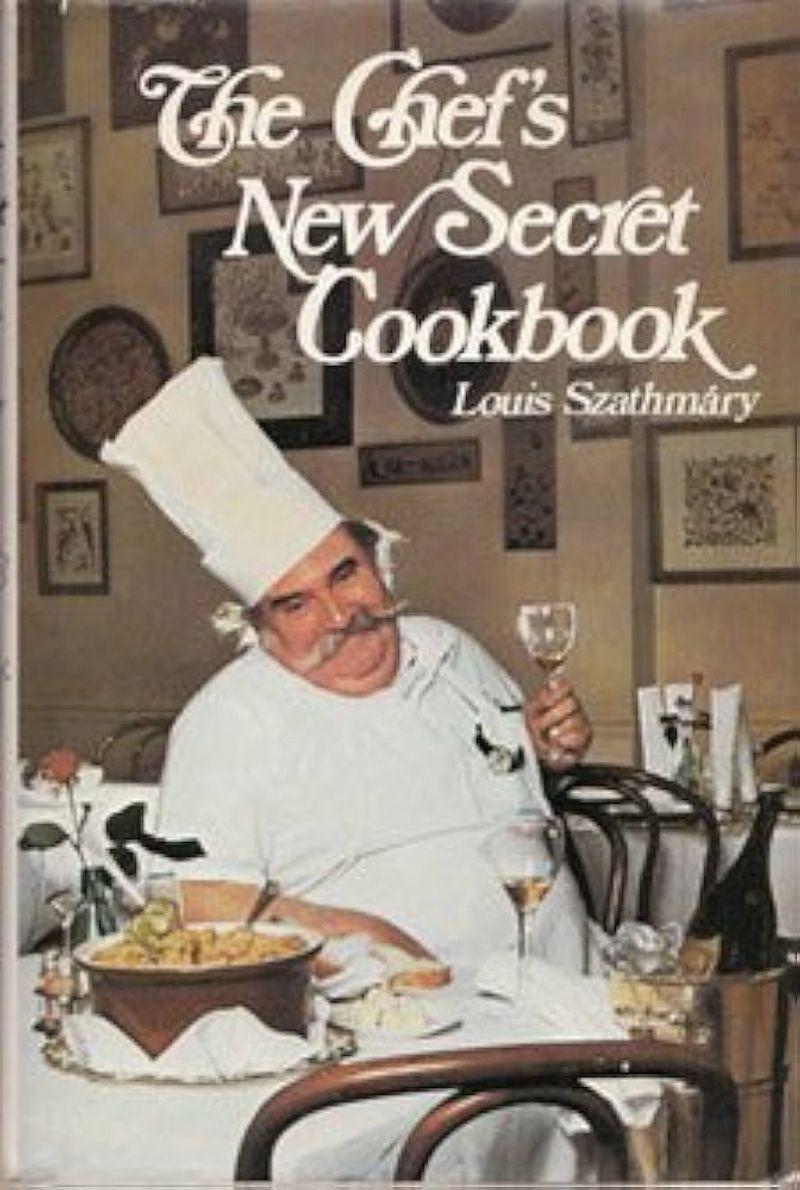
With his trademark beard and bowtie, Chef Louis Szathmáry brought Hungarian flavors to American tables long before fusion cuisine had a name. His Chicago restaurant The Bakery became legendary during its 26-year run, serving his signature roast duck to celebrities, politicians, and loyal locals.
Beyond the kitchen, Szathmáry revolutionized convenience food, developing frozen dinners for Stouffer’s while maintaining impressive culinary standards. His weekly cooking segments on Chicago television made him one of America’s first TV chefs.
A passionate food historian, he amassed one of the world’s largest culinary book collections—over 20,000 volumes—which he later donated to universities, ensuring his knowledge would nourish future generations.
4. Nathalie Dupree
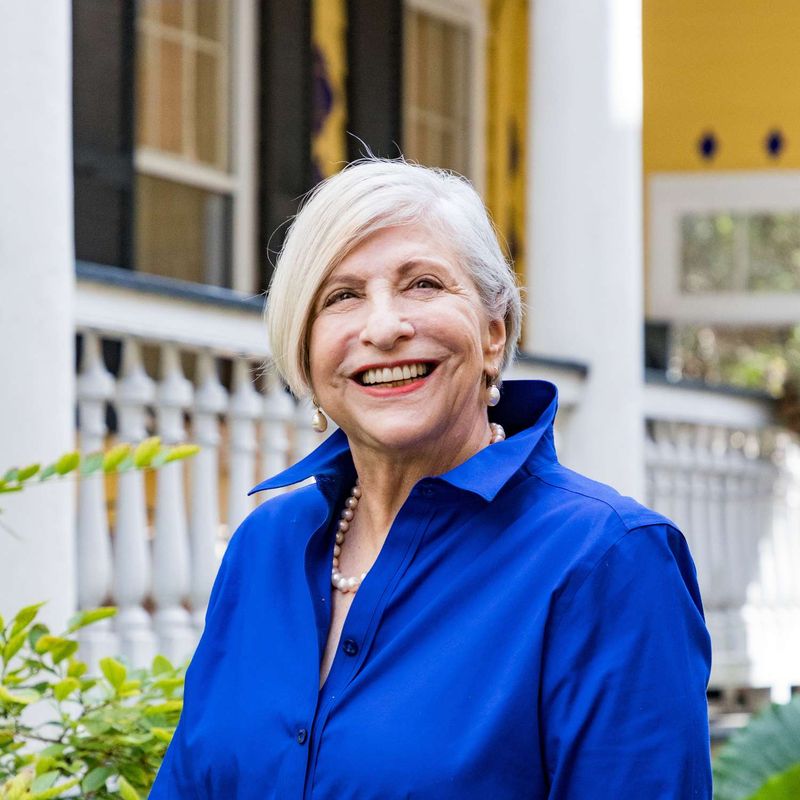
When Nathalie Dupree first appeared on television screens in the 1980s, she brought Southern cooking to national attention with a warm, approachable style. Her groundbreaking PBS series “New Southern Cooking” showcased regional recipes with professional techniques, all delivered in her distinctive gentle drawl.
Unlike today’s competitive cooking shows, Dupree embraced imperfection, famously continuing to film when dishes flopped. This grandmother of Southern cuisine authored 14 cookbooks and mentored countless chefs, including a pre-fame Paula Deen.
Though less visible today, her influence remains in every chef who celebrates Southern food’s sophistication while honoring its humble roots and in every cooking show that values authenticity over perfection.
5. Graham Kerr
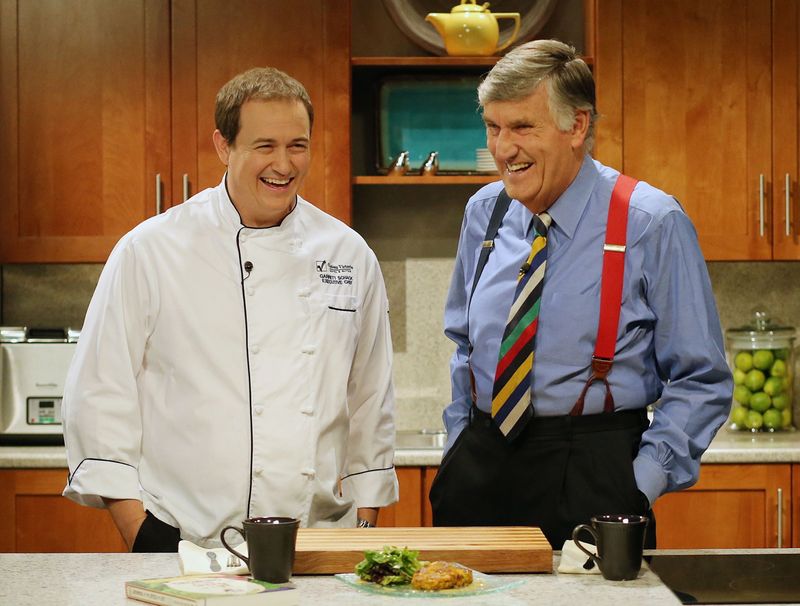
Before celebrity chefs became entertainment staples, Graham Kerr was leaping around television kitchens with unbridled enthusiasm. As “The Galloping Gourmet,” this charismatic New Zealander combined comedy, cooking, and the occasional glass of wine to create must-watch TV from 1969 to 1971.
Known for sipping wine while cooking and ending each show by inviting an audience member to dine with him, Kerr pioneered the entertainment-first cooking format. His signature move—jumping over a chair to start each episode—became his trademark.
After a life-changing car accident and his wife’s health crisis, Kerr dramatically pivoted to healthy cooking, creating “minimax” recipes that minimized harmful ingredients while maximizing flavor—decades before clean eating became trendy.
6. Madeleine Kamman
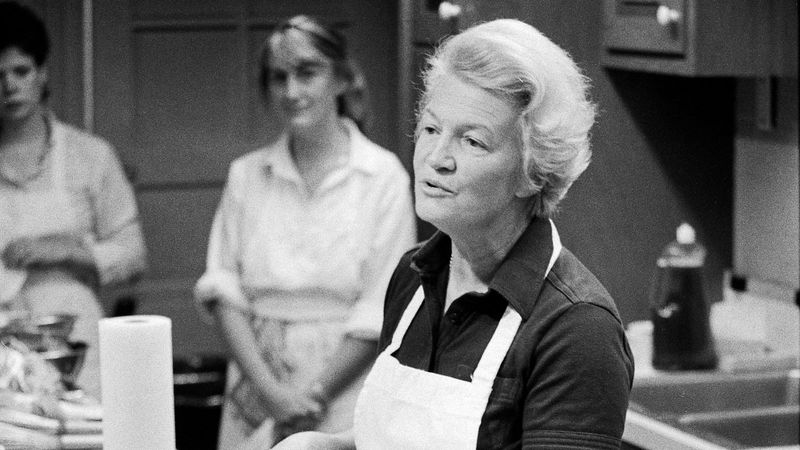
While Julia Child made French cooking seem approachable, Madeleine Kamman demanded nothing less than perfection. This formidable French-born chef established cooking schools in Boston and Napa Valley, where she instilled classical techniques with military precision.
Kamman famously feuded with Child, believing her approach oversimplified French cuisine. Her groundbreaking book “When French Women Cook” combined regional recipes with personal narratives—a revolutionary format in 1976.
A fierce advocate for women in professional kitchens, she mentored generations of female chefs when the industry was overwhelmingly male. Though her uncompromising standards earned her a reputation for being difficult, her technical mastery and commitment to authentic French cooking remain unmatched.
7. Jeremiah Tower
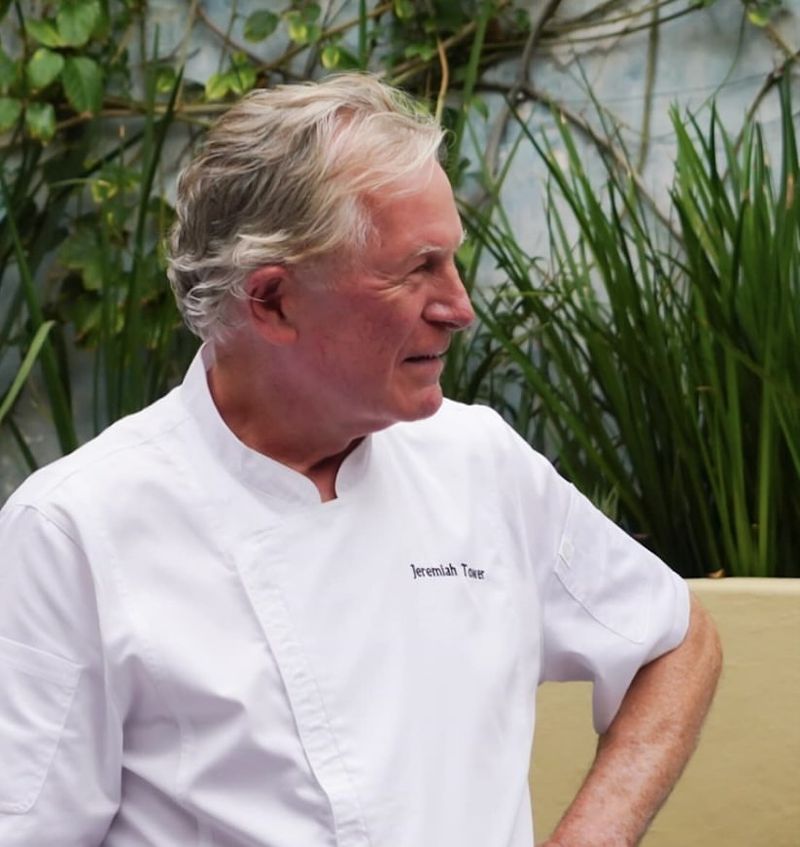
Harvard-educated and impossibly elegant, Jeremiah Tower helped invent California cuisine alongside Alice Waters at Chez Panisse in the 1970s. His emphasis on seasonal, local ingredients revolutionized American dining long before “farm-to-table” became a marketing slogan.
Tower’s Stars restaurant in San Francisco became the celebrity hotspot of the 1980s, combining theatrical presentation with impeccable technique. Then, at the height of his fame, he simply disappeared—selling his restaurant empire and retreating to Mexico for nearly two decades.
The 2016 documentary “Jeremiah Tower: The Last Magnificent” reintroduced this enigmatic culinary genius to a new generation, revealing the profound influence of a man who walked away from fame but whose vision shaped how America eats today.
8. Jean-Louis Palladin
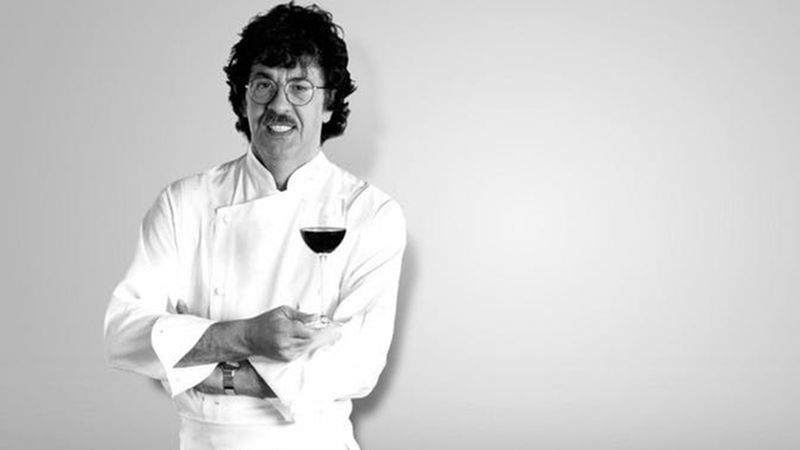
At just 28, Jean-Louis Palladin earned two Michelin stars in France before shocking the culinary world by relocating to Washington DC’s Watergate Hotel in 1979. This maverick Frenchman introduced Americans to authentic regional French cuisine when most fine dining still meant heavy cream sauces and tableside flambés.
A passionate advocate for American ingredients, Palladin would travel across the country to source the perfect scallop or heirloom tomato. His influence extended far beyond his own kitchen—chefs like Thomas Keller and Eric Ripert consider him a crucial mentor.
Anthony Bourdain called him “the most important chef in American culinary history that no one’s ever heard of.” His untimely death from lung cancer in 2001 robbed American cuisine of one of its greatest visionaries.
9. Joël Robuchon
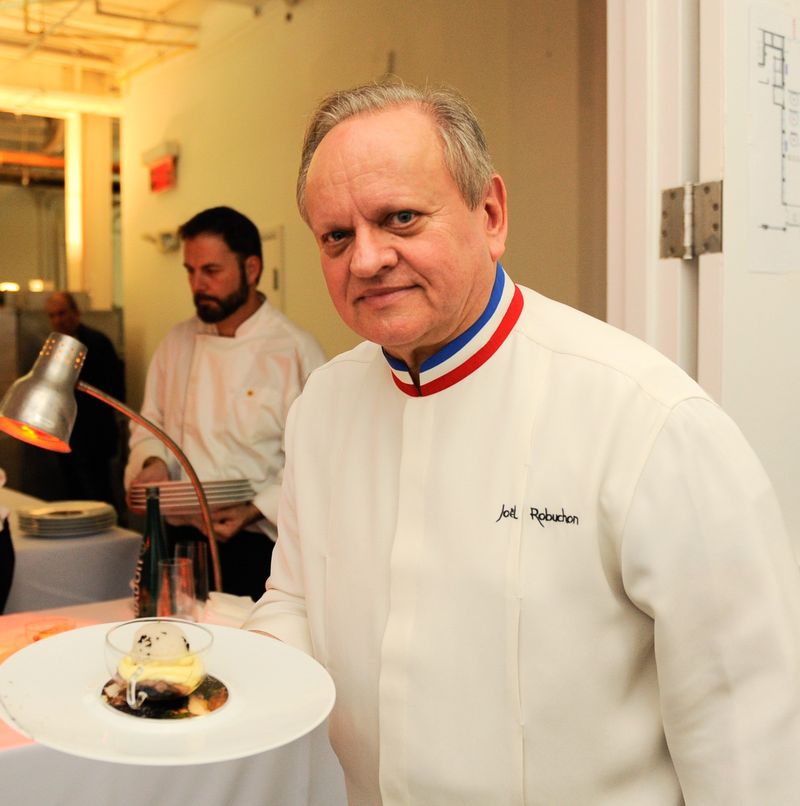
The numbers alone tell a remarkable story: 32 Michelin stars across his global restaurant empire—more than any chef in history. Joël Robuchon’s mashed potatoes alone—with their 2:1 potato-to-butter ratio—became the stuff of culinary legend.
After revolutionizing French haute cuisine in the 1980s, Robuchon shocked the culinary world by retiring at 50, only to return with his L’Atelier concept—high-end counter dining that changed how fine food is served. His perfectionism was legendary; chefs still tell stories of vegetables thrown against walls if they weren’t exactly right.
Despite his towering achievements, Robuchon’s name recognition among casual food fans has faded since his 2018 death, overshadowed by more media-savvy celebrity chefs.
10. Biker Billy
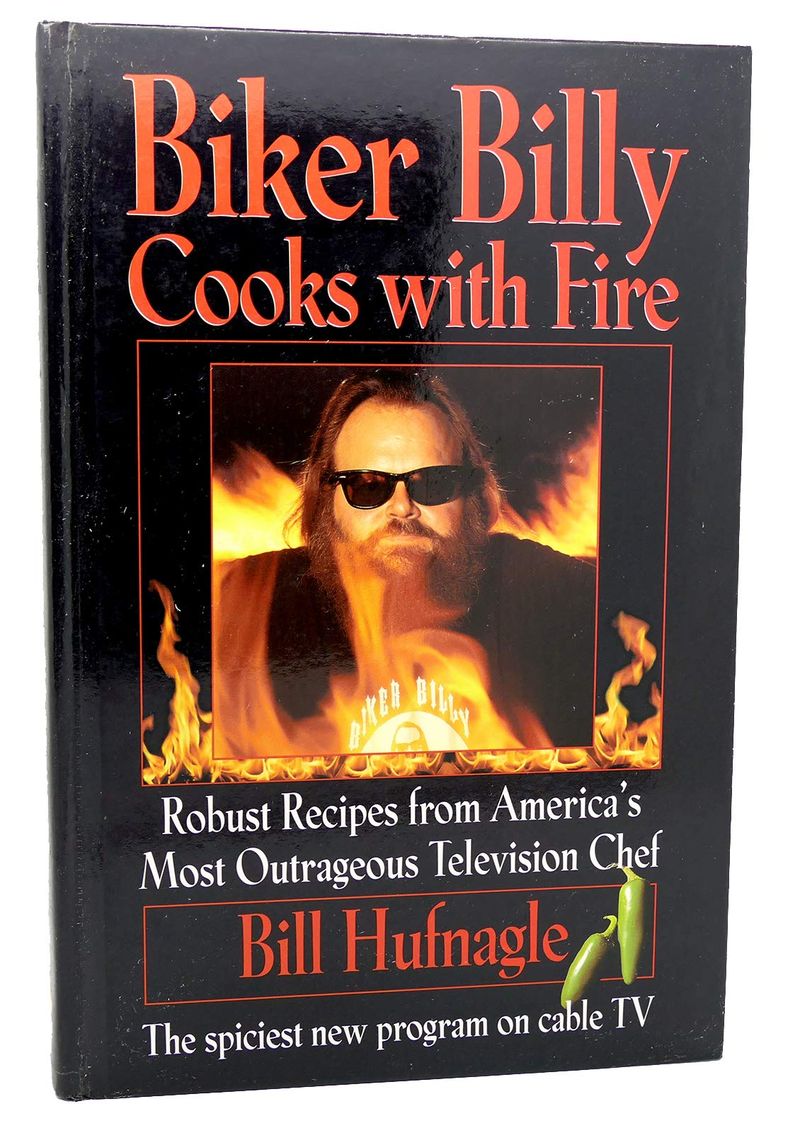
Leather-clad and Harley-riding, Bill Hufnagle—better known as Biker Billy—roared onto television screens in the 1990s with a unique fusion of motorcycle culture and fiery cuisine. His PBS cooking show “Biker Billy Cooks with Fire” featured recipes with names like “Four Alarm Chicken” and “Jalapeno Poppers from Hell.”
Complete with handlebar mustache and bandana, Billy would often dramatically toss whole habanero peppers into his mouth while explaining that eating spicy food “makes your brain release endorphins—it’s like taking a ride on your motorcycle.”
Though his cult following has dwindled, his cookbooks remain prized possessions among motorcyclists with a culinary streak and spice enthusiasts with a wild side.
11. Cristie Schoen Codd
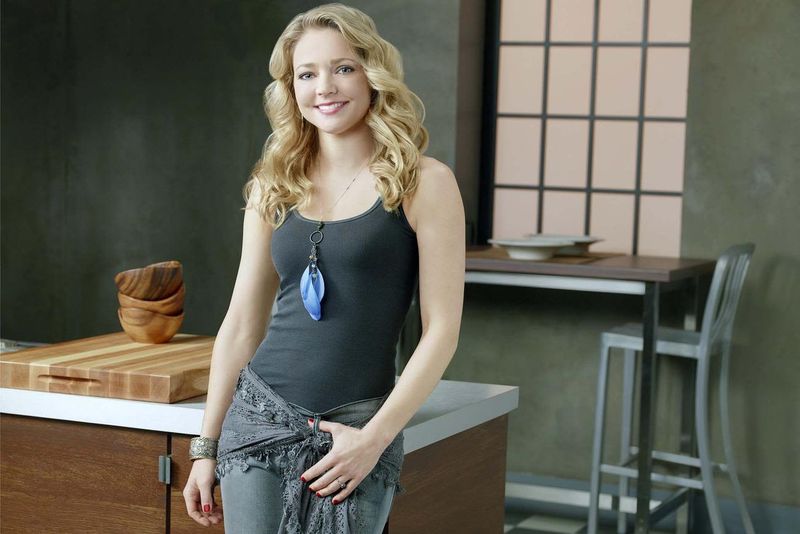
In 2012, Cristie Schoen Codd seemed destined for culinary stardom after competing on Season 8 of Food Network Star. The vibrant New Orleans native charmed viewers with her Louisiana-inspired cooking and genuine on-screen warmth.
As a movie set caterer, she’d fed the casts and crews of major Hollywood productions, developing nutrition-focused menus that satisfied both celebrities and hardworking film crews. Her unique career path bridging entertainment and food seemed perfectly positioned for the evolving food media landscape.
Tragically, her promising future was cut short in 2015 when she and her husband were murdered in North Carolina. She was five months pregnant with their first child, leaving behind only glimpses of the culinary talent that might have been.
12. Paul Rankin
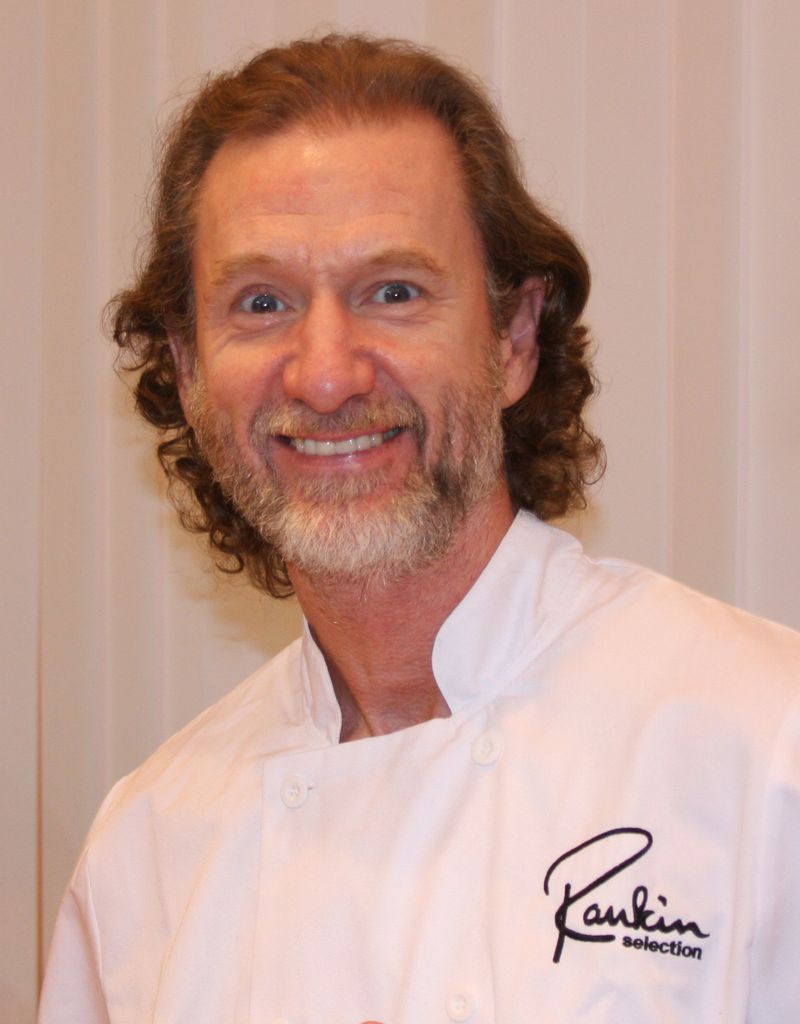
Before Belfast became a food destination, Paul Rankin put Northern Irish cuisine on the map by earning the region’s first Michelin star at Roscoff in 1991. His achievement came during The Troubles, offering a rare bright spot in a difficult period.
Rankin’s charismatic presence made him a natural for television, and he became a fixture on British cooking shows like “Ready Steady Cook” throughout the 1990s and 2000s. His approachable style made fine dining techniques accessible to home cooks across the UK.
Financial difficulties forced the closure of his restaurant empire in 2013. Though he occasionally appears on TV, the once-ubiquitous chef has largely stepped back from the spotlight, leaving newer Irish chefs to build on the foundation he established.
13. Johnny Iuzzini
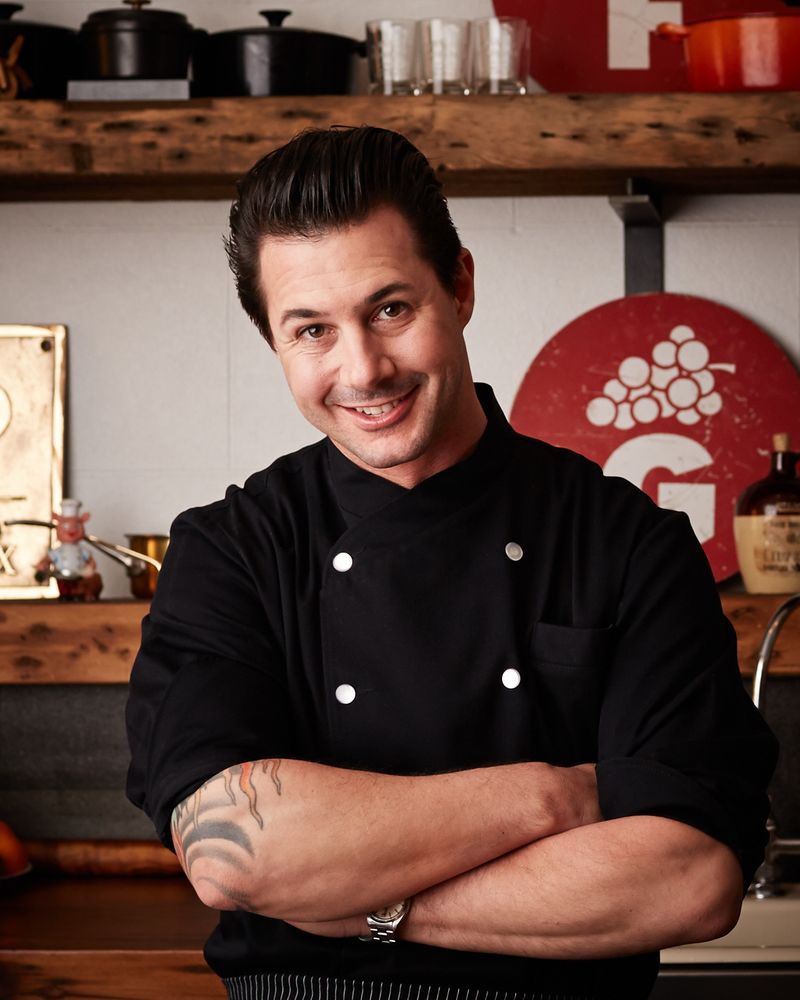
With his rock-star looks and innovative desserts, Johnny Iuzzini seemed destined to become America’s premier pastry chef. His creations at Jean-Georges earned him James Beard Awards and widespread acclaim, while his edgy personality made him perfect for television.
As head judge on “Top Chef: Just Desserts,” Iuzzini brought pastry into primetime, demystifying complex techniques with his signature confidence. His 2014 cookbook “Sugar Rush” became a bible for serious home bakers wanting to attempt restaurant-quality desserts.
In 2017, multiple women accused him of sexual harassment and inappropriate workplace behavior. The allegations led to his immediate removal from an ABC baking show and his rapid disappearance from culinary media—a meteoric career extinguished almost overnight.
14. Delia Smith
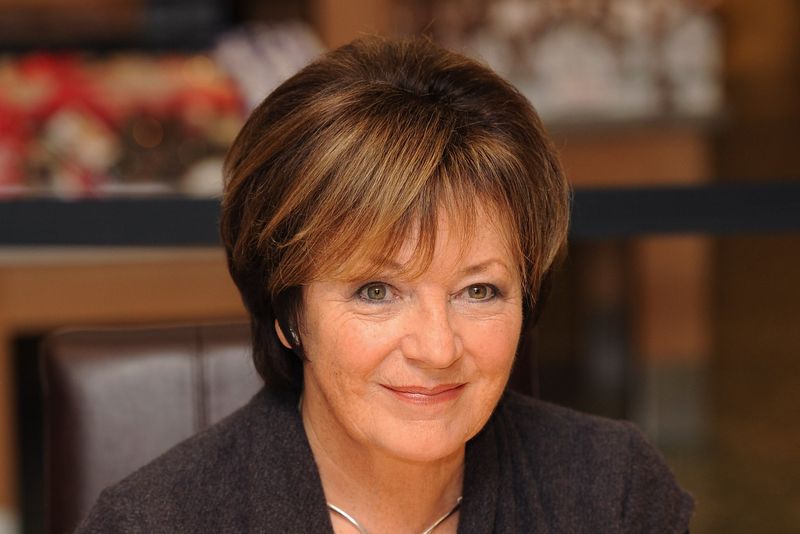
For generations of British home cooks, Delia Smith wasn’t just a chef—she was cooking itself. Her straightforward instructions and foolproof recipes taught millions how to boil an egg, roast a chicken, and bake a cake without pretension or unnecessary complexity.
Unlike celebrity chefs who built personal brands, Smith focused on empowering her audience. Her 1971 debut cookbook remains in print, while her 1998 “How to Cook” series caused such demand for ingredients that supermarkets experienced the “Delia Effect”—selling out of items she featured.
Though she’s stepped back from television in recent years, her influence persists in British kitchens. Her name remains shorthand for reliable recipes that work every time—the highest compliment for any cookbook author.
15. Martin Yan
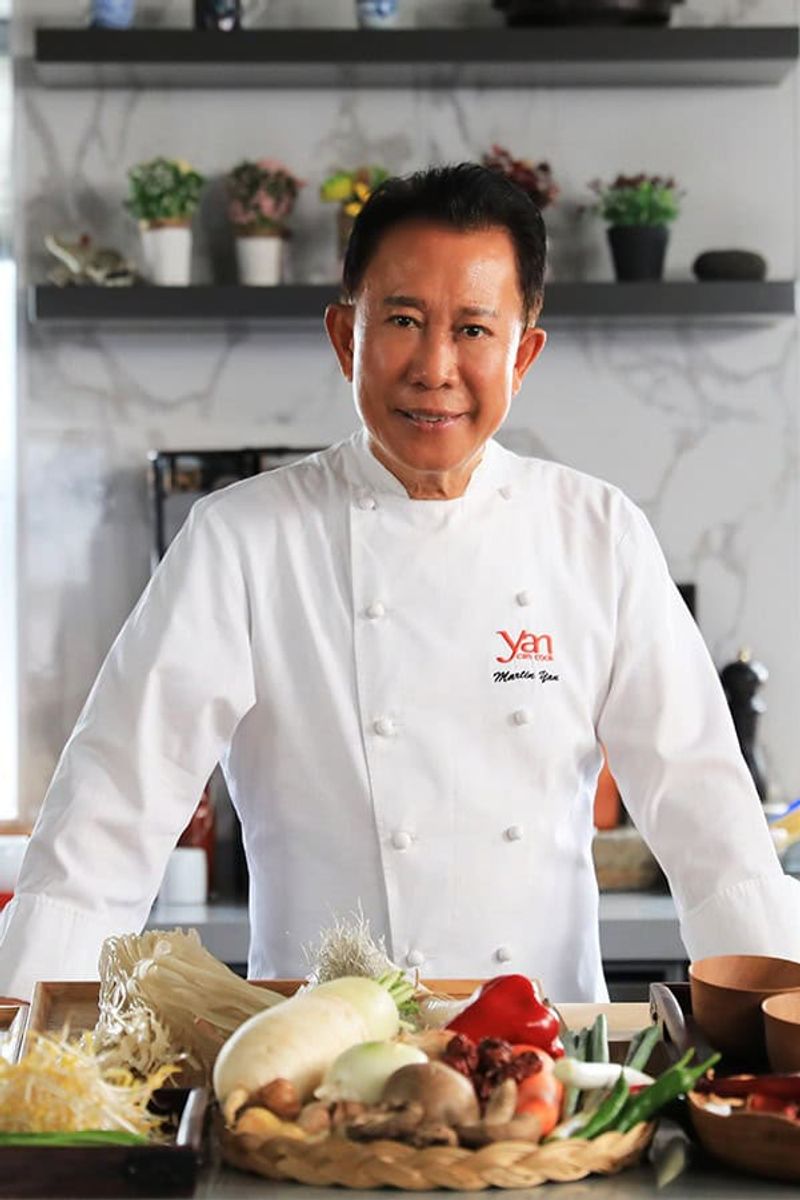
“If Yan can cook, so can you!” With this catchphrase and lightning-fast cleaver skills, Martin Yan introduced authentic Chinese cooking to American homes through PBS in the 1980s. His combination of technical mastery, encyclopedic knowledge, and playful humor made complex techniques seem approachable.
Born in Guangzhou, China, Yan earned a master’s degree in food science before becoming an unlikely TV star. He could debone a chicken in 18 seconds while delivering cultural history lessons and cracking jokes that made viewers feel like they were learning from a friend.
Though no longer a television mainstay, Yan’s influence lives on in the countless home cooks who first attempted stir-frying under his enthusiastic guidance and in today’s food personalities who follow his entertainment-meets-education approach.
16. Sara Moulton
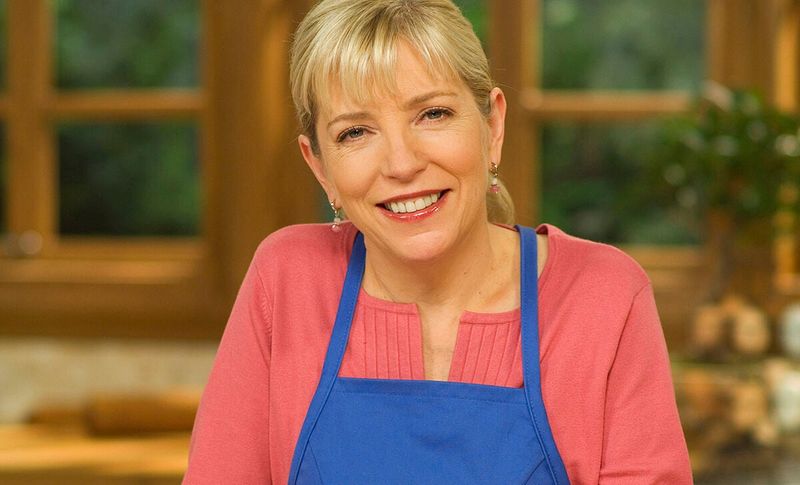
Before 24/7 food television, Sara Moulton was already showing America how to cook. As one of Food Network’s founding personalities, her show “Cooking Live” featured something revolutionary—taking unscreened viewer call-ins and solving cooking problems in real-time.
Moulton’s impressive culinary pedigree included serving as Julia Child’s kitchen assistant and executive chef at Gourmet magazine for 25 years. Unlike many TV chefs, she had serious professional credentials and an educator’s patient approach.
When Food Network shifted toward competition shows and personality-driven programming, Moulton’s practical cooking instruction fell out of fashion. Though she continues hosting on PBS, younger food fans may not recognize the chef who helped launch the very concept of food television.
17. John Besh
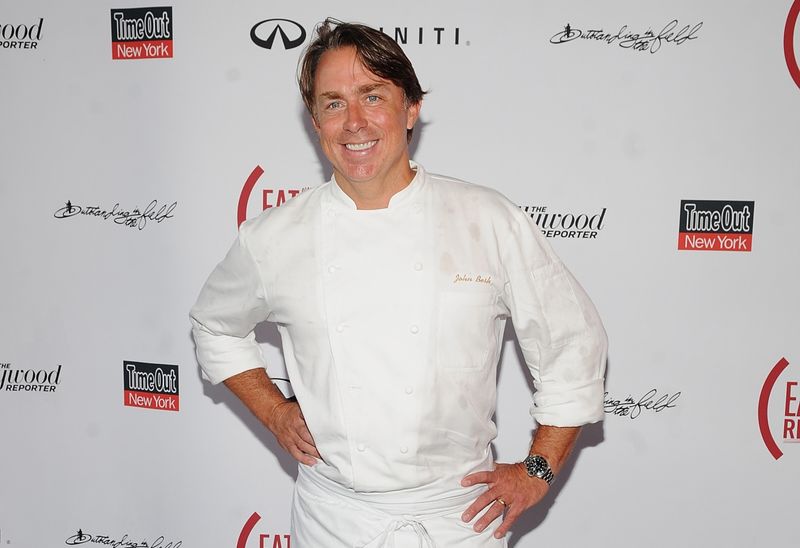
With his charming Southern drawl and soulful approach to Louisiana cuisine, John Besh once embodied New Orleans cooking. After Hurricane Katrina, he became the city’s culinary spokesman, highlighting its resilience through his restaurants, cookbooks, and TV appearances.
His restaurant group grew to include 12 acclaimed establishments, while his charitable foundation provided scholarships and microloans to support local food producers. Besh’s modern approach to Creole and Cajun cooking earned him multiple James Beard Awards and national recognition.
In 2017, 25 current and former employees alleged sexual harassment within his restaurant empire. The scandal forced Besh to step down from his company and retreat from public life—a spectacular fall for a chef once considered the standard-bearer of New Orleans cuisine.
18. Emeril Lagasse
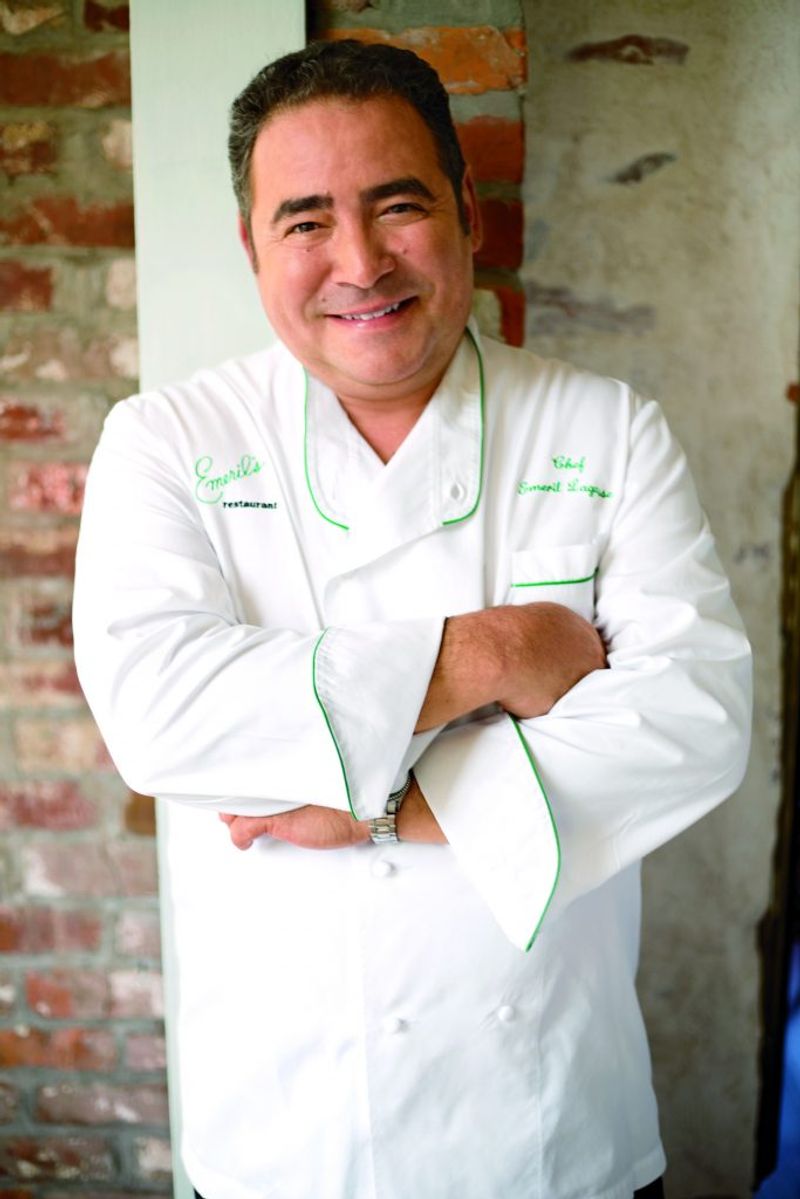
Before “BAM!” became his signature exclamation, Emeril Lagasse was already revolutionizing New Orleans cuisine at his flagship restaurant. But it was television that transformed this talented chef into a household name and catchphrase machine.
At Food Network’s height, Lagasse’s programs—particularly “Emeril Live” with its studio audience and house band—turned cooking shows into entertainment events. His energetic personality and accessible approach to flavor-packed cooking made him the network’s first breakout star.
Though his TV presence has diminished as food television evolved toward competition formats, Lagasse’s restaurant empire continues to thrive. Newer food fans might not appreciate just how revolutionary his high-energy cooking shows were—they created the template that turned chefs into celebrities.
19. Charlie Trotter
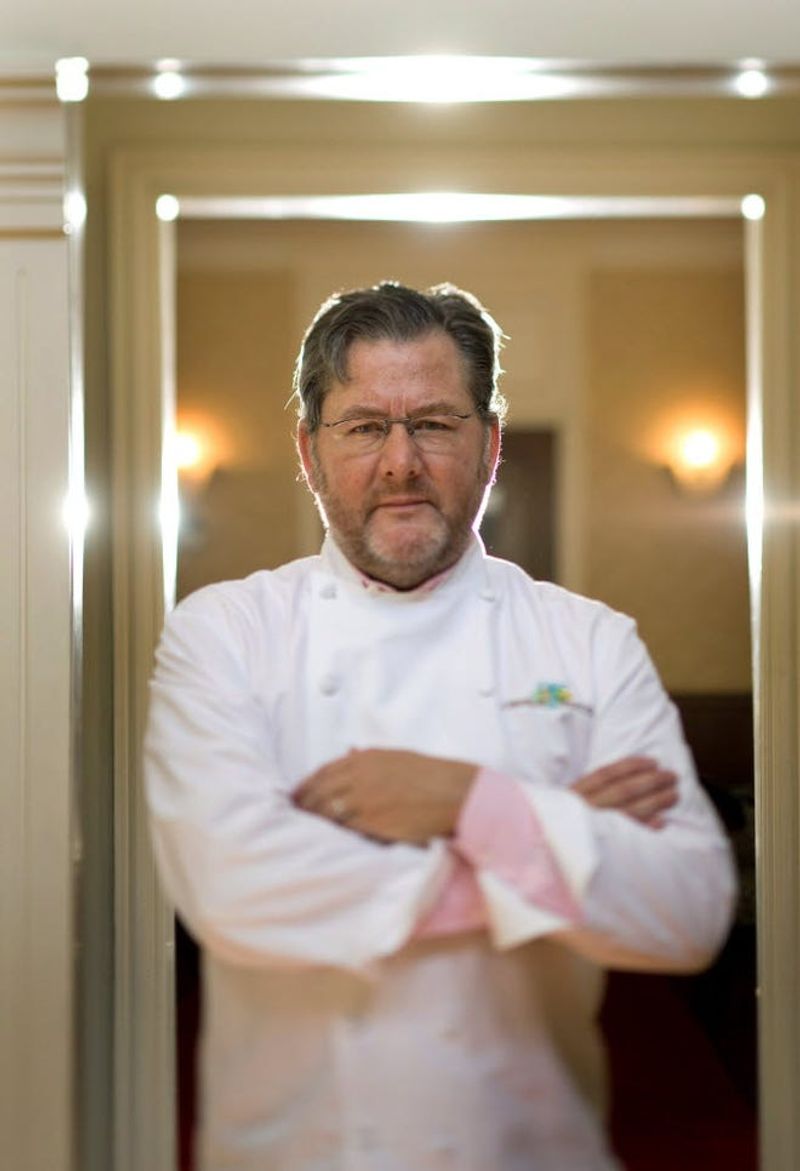
In Charlie Trotter’s kitchen, nothing less than perfection was acceptable. His eponymous Chicago restaurant, opened in 1987, became America’s temple of fine dining—a place where food transcended mere sustenance to become art.
A self-taught chef with relentless standards, Trotter pioneered tasting menus, vegetable-focused cuisine, and the now-common chef’s table experience. His kitchen launched the careers of culinary stars like Grant Achatz and Graham Elliot while setting new standards for American restaurants.
Known for his volcanic temper and philosophical approach to food, Trotter closed his restaurant at its peak in 2012, planning to pursue academic studies. His unexpected death in 2013 at age 54 cut short his second act, leaving behind a complex legacy of brilliance and intensity.

Comments
Loading…